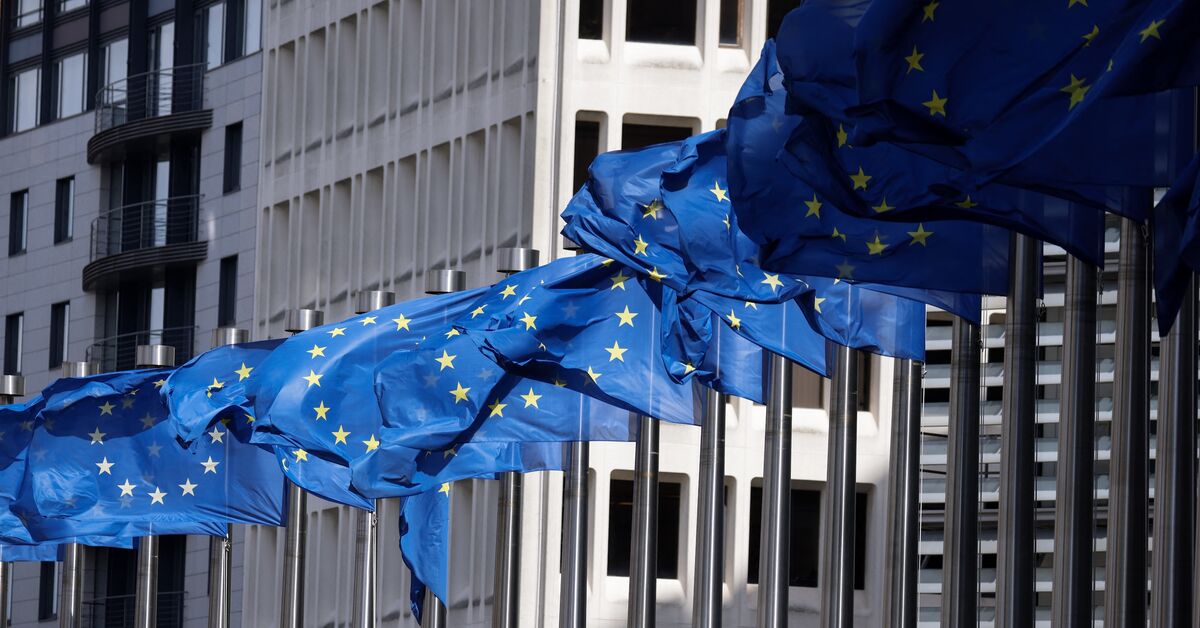Another five years with Turkey’s not-so-strong strongman
Receive free Recep Tayyip Erdoğan updates
We’ll send you a myFT Daily Digest email rounding up the latest Recep Tayyip Erdoğan news every morning.
In 20 years and counting under Recep Tayyip Erdoğan’s rule, Istanbul has transformed. Officially, the city’s population has doubled to 16mn, almost as big as London and New York put together. The real number could be much higher. In this gorgeous urban setting by the Bosphorus, well-connected construction companies have built an ugly new city — or really, collection of cities — plus Europe’s busiest airport. Traffic jams stretch to the horizon.
Turkey’s freshly re-elected Islamist-nationalist president torments Istanbul’s secular inhabitants. There are ever fewer neighbourhoods where secular people can live as they want. Vast new mosques proliferate, while Erdoğan has converted the former church and museum Hagia Sophia into a mosque too. Swingeing alcohol taxes have turned beer into luxury. When I asked one secular Turkish man how he felt about Erdoğan’s re-election, he replied: “Between exasperated, depressed and suicidal.”
I wanted to know where Erdoğan planned to take Turkey. I had presumed that having won five more years, with many opponents jailed and the media quietened, he was nearly omnipotent at home and stronger abroad than any previous leader of Turkey. But I left Istanbul surprised at the constraints on him. Erdoğan isn’t a very strong strongman.
He’s certainly a brilliant politician, who would have reached the top in any political system he happened to find himself in. If he completes five more years — his shaky health is his opponents’ last hope — he could become Europe’s longest-serving elected national leader of the past century. (I’m hesitantly ascribing that title to Urho Kekkonen, Finnish president from 1956 to 1982.)
Erdoğan has already remade Turkey. He has been eating away at its institutions since 2003. Freedom House, the NGO, downgraded Turkey’s status from “partly free” to “not free” in 2018. He is assembling a new cadre of loyalists to staff his party-state; no wonder his party, the AKP, now has 11.2mn members. Islamic schools are burgeoning across Turkey, while Erdoğan has tightened his grip on the media to near-totalitarian levels. His pose of dominance enacts a kind of wish-fulfilment for his mostly lower-class supporters, notes Soli Özel of Kadir Has University.
Abroad, the once-peripheral country finds itself near the epicentre of the new geopolitical map. Every major power now needs a Turkey policy. Erdoğan talks to both Vladimir Putin and Volodymyr Zelenskyy, and helped broker the deal that allows Ukraine to export grain through the Black Sea. He blackmails Europeans with the implicit threat that if they thwart him, he’ll send Turkey’s four million or so mostly Syrian refugees westwards. As Putin’s best friend inside Nato, he is blocking Sweden’s entry into the military alliance. He crows about a “Turkish century”.
Yet it’s much harder for a ruler to dominate Turkey than, say, Russia or Saudi Arabia. The country’s political good fortune is its open, varied economy. There are few natural resources for a predatory elite to capture. Turkey imports most of its energy and food. It needs western export markets and tourists especially now, amid its worst economic crisis of the Erdoğan era. Net foreign reserves have turned negative. Inflation was 86 per cent last year, and now, officially at least, 40 per cent. On a bad day, Turks might take a 5 per cent real-terms salary cut.
And so even the strongman cannot buck the markets. During last month’s elections, he swore to continue his reality-defying policy of low interest rates. After being re-elected, he bowed to reality, installing a new finance minister and central bank governor, who are expected to double rates at least. Beneath the bravado, Erdoğan is an opportunist who prizes power above ideology.
He understands his weaknesses. Abroad, he has no stable alliances, no trusted western friends, and so is weaker than most of his counterparties, says Sinan Ülgen, director of the Edam think-tank. At home, Erdoğan can’t rely on the army to keep him in power. Turkey’s strong democratic culture has ensured that elections continue to be held. The richest places — Istanbul, other coastal cities and Ankara — still vote against him, as do most Kurds. He probably aspires to tame rather than destroy secular Turkey, but he cannot even achieve that. The powerful Turkish women’s movement is practising “defensive feminism” for women’s rights, says activist Özlem Altiok.
Now his opponents are braced for his next onslaught. LGBT+ people are the most vulnerable target, warns human-rights lawyer Oya Aydin. But the secular and democratic resistance fight on, trying to ensure that last month’s election wasn’t Turkish democracy’s last stand.
Follow Simon on Twitter @KuperSimon and email him at [email protected]
Follow @FTMag on Twitter to find out about our latest stories first


